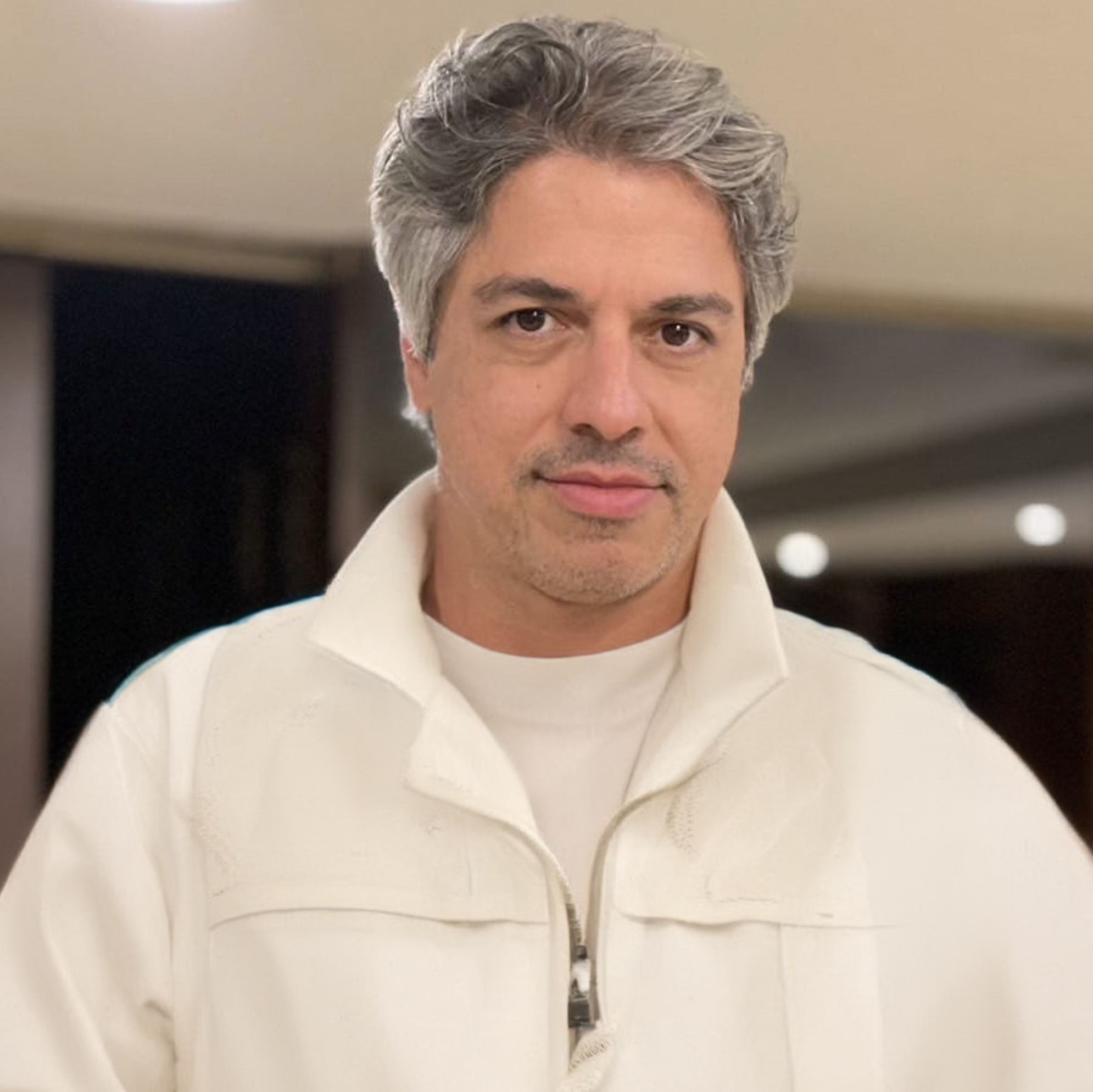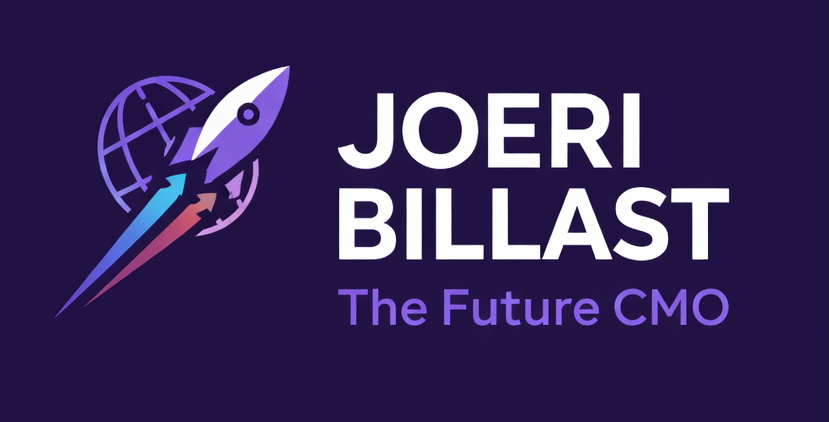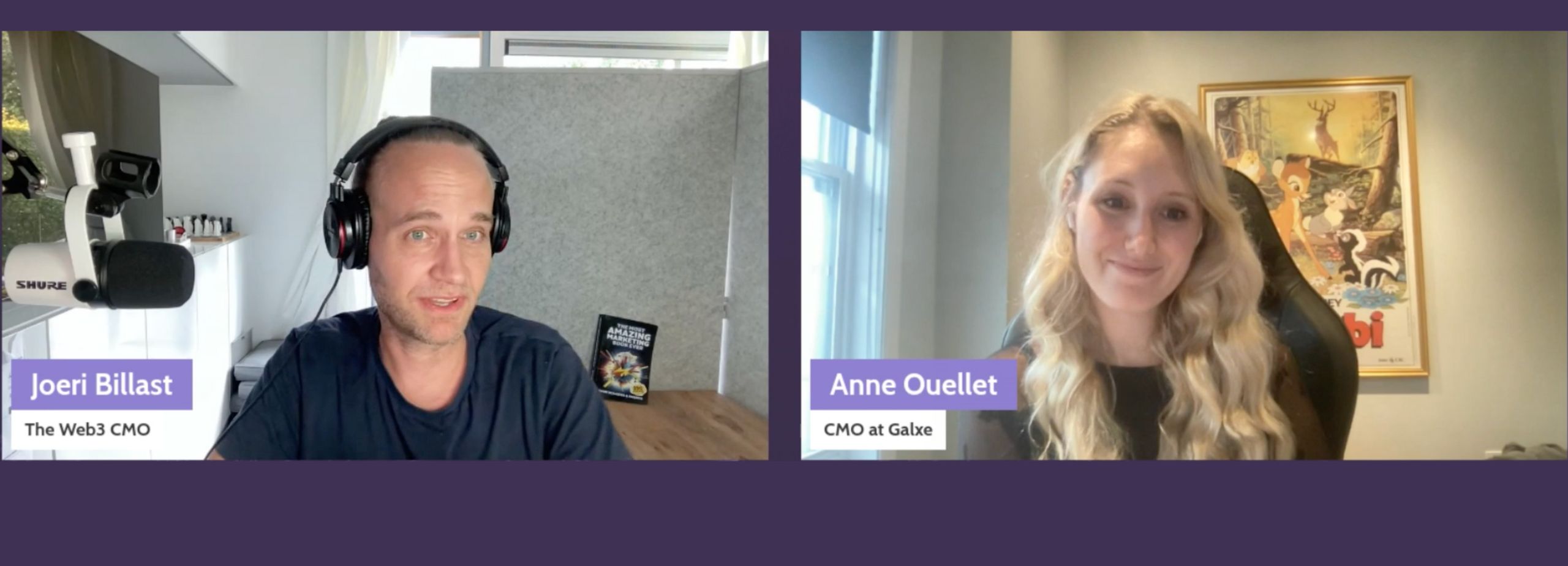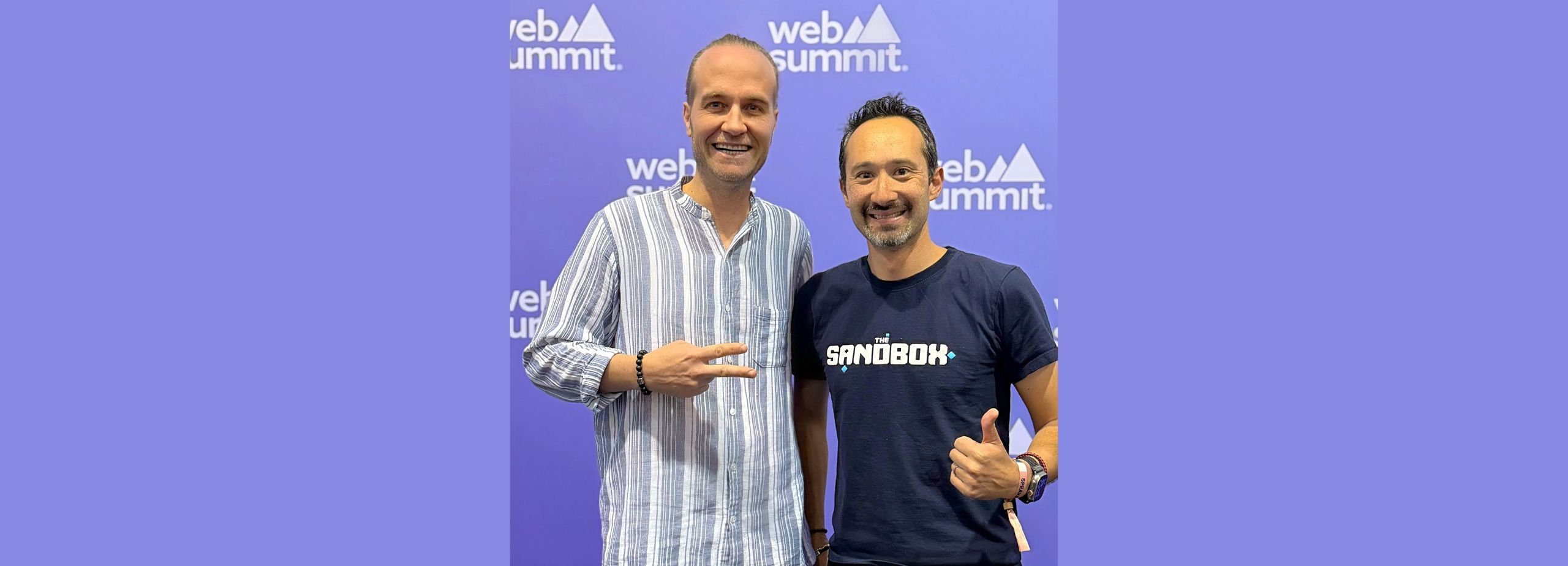Can the future of decentralized applications be as seamless and scalable as traditional software? Join us as we welcome Erick de Moura, co-founder of Cartesi, who shares his revolutionary vision for modular blockchain ecosystems.
In this episode, Erick breaks down how Cartesi is transforming the dApp development landscape by merging the power of Linux with modular blockchain protocols. You'll discover how the flexibility of Cartesi allows each application to operate with its own dedicated computational resources, vastly enhancing scalability and developer freedom. Erick also highlights the collaborative spirit and potential of integrating various projects and protocols, akin to the modular structure of the traditional internet.
But Cartesi's ambitions don't stop at technology alone. Erick takes us through the innovative applications that Cartesi is powering, such as Air Impact's transparent carbon credit calculations and Bug Buster's decentralized bug bounty system. These projects exemplify how Cartesi is broadening blockchain's applicability beyond typical DeFi and NFT realms. We also delve into the vibrant community driving Cartesi's decentralized governance, featuring grants, hackathons, and educational initiatives.
Erick emphasizes how community involvement is pivotal for fostering transparency, accountability, and innovation in Web3. Don't miss out on learning how you can be a part of this transformative journey and contribute to the future of blockchain with Cartesi.
Exploring the Future of Blockchain with Erick de Moura: An Insightful Podcast on Web3 CMO Stories
Introduction
Welcome to another exciting episode of the Web3 CMO Stories podcast! In today’s discussion, we are diving into the world of blockchain technology with our special guest, Erick de Moura, co-founder of Cartesi. Erick brings over 20 years of expertise in the software industry, encompassing software business development processes and system architecture. With Cartesi being a powerful modular blockchain protocol, Erick provides a foundational understanding of its impact on the Web3 space.
Blockchain Technology: A Catalyst for Transparency
Erick shares his vision of blockchain technology as a pivotal opportunity to create systems that enhance transparency and facilitate human coordination across various initiatives. This foundational belief drives the work at Cartesi, where the team strives to provide the necessary infrastructure to see these transformative opportunities come to fruition.
Welcoming Erick de Moura
Host Joeri introduces Erick to the audience, kicking off an engaging discussion about Cartesi. Erick greets Joeri with enthusiasm, expressing his pleasure to be part of the podcast and anticipating an insightful discussion.
Who is Erick de Moura and What is Cartesi?
Joeri introduces Erick as an industry veteran with extensive experience in software, business development, and system architecture, before delving deeper into Cartesi’s mission. Cartesi aims to simplify developers’ lives when building decentralized applications by providing a familiar, scalable computing environment. Erick further elaborates on Cartesi’s foundational goal: to open up the design space for decentralized applications (DApps) by creating a more scalable and user-friendly programming environment akin to traditional internet environments.
The Concept of Modularity
One of Cartesi’s unique propositions is its modularity. Unlike monolithic blockchain architectures like Ethereum, Cartesi breaks down these systems into different pieces, each serving a specialized purpose. Erick explains that Cartesi positions itself as an execution layer within this modular landscape. This execution layer scales computation without sacrificing the security of the underlying blockchain, and it allows developers to use traditional software stacks, thus broadening the scope for decentralized applications.
Cartesi’s Approach vs. Traditional Blockchain Architectures
When asked about how Cartesi’s approach differs from traditional monolithic blockchains, Erick highlights two main distinctions:
1.Scalability: Cartesi’s modular design allows each application to have its own exclusive computational power, unlike shared environments in traditional blockchains. This results in significantly greater computational capacity.
2.Flexibility: Developers can customize their solutions, choosing their preferred Layer 1 and Layer 2 protocols, and integrating Cartesi as a potential Layer 3. This flexibility is essential for mass adoption and sustainable blockchain advancement.
Collaboration in the Blockchain Ecosystem
Erick emphasizes the importance of collaboration within the blockchain ecosystem. He draws parallels to the traditional internet industry, where modularity and software from various vendors come together seamlessly. The future of blockchain hinges on projects specializing in specific parts of the blockchain stack and excelling in their respective areas, thereby building a superior overall infrastructure. Cartesi’s collaboration with projects like the Espresso sequencer team exemplifies this collaborative spirit.
Practical Applications of Cartesi Technology
To provide listeners with a tangible understanding of Cartesi’s capabilities, Erick shares real-world applications:
1.Air Impact: A comprehensive platform for ecology and air quality control, using Cartesi to run complex calculations for transparent carbon credit calculations on the blockchain.
2.Bug Buster: A decentralized bug bounty system ensuring the security of Web3 applications by decentralizing traditional bug bounty processes.
Community Engagement and Adoption
Joeri and Erick discuss Cartesi’s commitment to building a robust community. Erick outlines the various platforms available for community participation, including technical forums, grants programs, and public governance participation. These efforts are aimed at ensuring Cartesi’s growth and integrating diverse perspectives into its development.
Educational Initiatives and Future Prospects
Erick speaks enthusiastically about ongoing educational initiatives, collaborations with academic institutions, and upcoming events like the ETHCC in Belgium. The tech is ready for adoption, and these initiatives play a crucial role in fostering developer participation and broadening awareness of Cartesi’s potential.
What’s Next for Cartesi?
Looking forward, Cartesi aims to continue enhancing its collaboration with other blockchain projects and making its technology accessible to a broader audience. Erick shares that this is a pivotal moment for Cartesi as they strive to integrate their tech within the wider Web3 ecosystem.
Erick’s Vision for the Future
Erick concludes with a hopeful vision for blockchain technology. He sees it as a mechanism to bring more integrity, transparency, and accountability to human initiatives. He invites everyone, regardless of their technical background, to join and contribute to Cartesi’s mission.
Join the Cartesi Movement
For listeners interested in exploring or contributing to Cartesi, Erick directs them to visit Cartesi.io. The website provides access to Cartesi’s Twitter, Discord community, and other resources, making it a comprehensive entry point for new users.
Conclusion
Joeri wraps up the episode, encouraging listeners to share the podcast, subscribe to the show, and leave a review to help reach a wider audience. Both Joeri and Erick express their excitement about meeting at the upcoming ETHCC event in Belgium, inviting listeners to join and share their feedback.
Takeaways
•Blockchain as a Tool for Transparency: Cartesi is leveraging blockchain technology to create transparent, scalable, and user-friendly systems.
•Modularity: Cartesi’s modular architecture provides greater computational scalability and flexibility compared to traditional blockchains.
•Practical Applications: Real-world use cases such as Air Impact and decentralized bug bounty systems demonstrate Cartesi’s innovative potential.
•Community and Collaboration: Engagement through forums, grants programs, and public governance is fundamental to Cartesi’s growth.
•Future Prospects: Educational initiatives and industry collaborations are paving the way for broader adoption and integration of Cartesi’s technology.
Join us on this journey to explore the future of blockchain with Cartesi and contribute to a more decentralized, transparent, and collaborative world.

Erick de Moura - Cartesi
KEY HIGHLIGHTS
[01:09] Could you start by introducing yourself and explaining what Cartesi is about, as well as your mission?
[02:10] Can you elaborate on the concept of modularity as used by Cartesi and explain what it means exactly?
[04:02] How does Cartesi's approach to modularity differ from traditional monolithic blockchain architectures?
[06:14] How important is collaboration between different projects and protocols within the ecosystem?
[08:57] For my listeners, could you provide some practical applications of Cartesi's technology in the current blockchain space to give them a better view?
[12:05] Could you share how you build a community with Cartesi and the role the community plays?
[14:29] How are you engaging with projects or developers who are not yet part of your community or network?
[15:23] What's next for Cartesi. How do you see Cartesi's role in the future of blockchain development?
[16:29] What are you excited about right now? What upcoming developments or initiatives are you focusing on with Cartesi?
[18:53] Is there anything else you'd like to share with our audience before we wrap up this podcast episode?
NOTABLE QUOTES
“I always look at blockchain tech as a great opportunity for us to create collectively systems that are transparent to help human coordination in many different initiatives, and we are working to provide this infrastructure and see these things happening.”
“So the modularity is very important and I think it's a necessary step in the future of blockchain of the industry.”
“Our objective from the get-go was to open up the design space, give blockchain applications a much broader spectrum of possibilities.”
“Applications need to be very secure because normally they deal with a lot of money, so security is at the fundamentals of everything.”
“Community plays a fundamental role.”
MENTIONED RESOURCES
Cartesi: https://cartesi.io/
Twitter: https://x.com/cartesiproject
Discord: https://discord.com/invite/pfXMwXDDfW
CONNECT
Linked: https://www.linkedin.com/in/erickdemoura/






